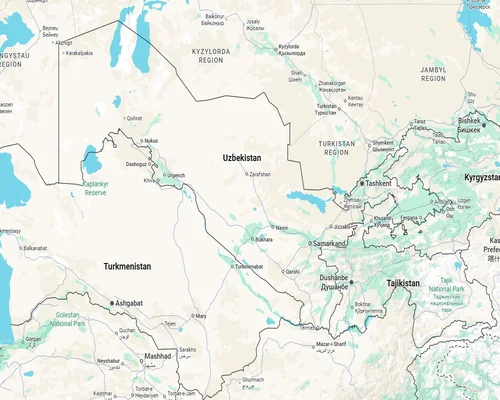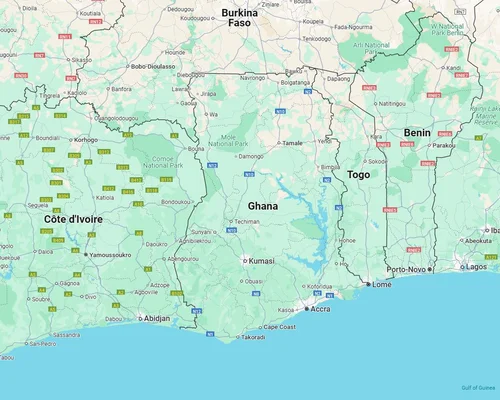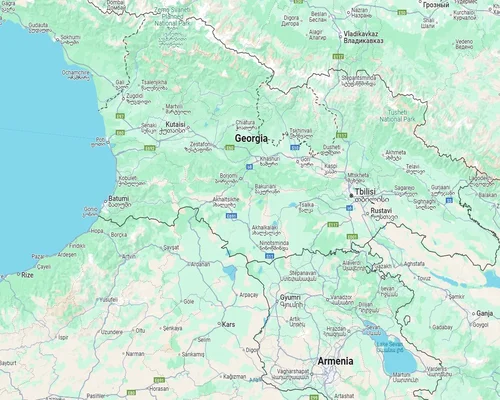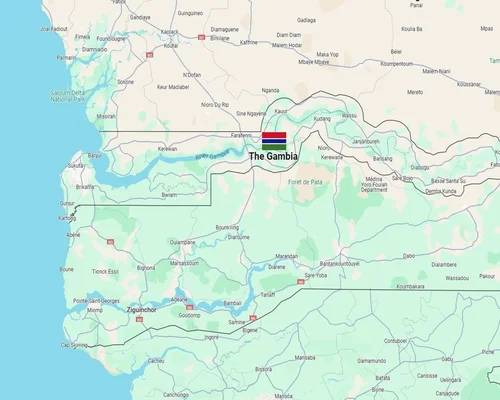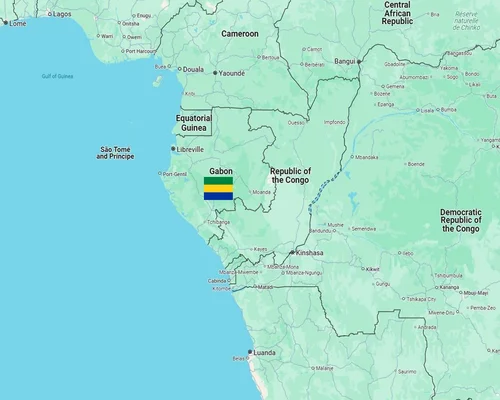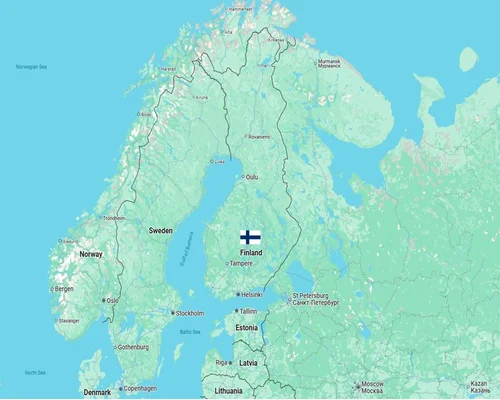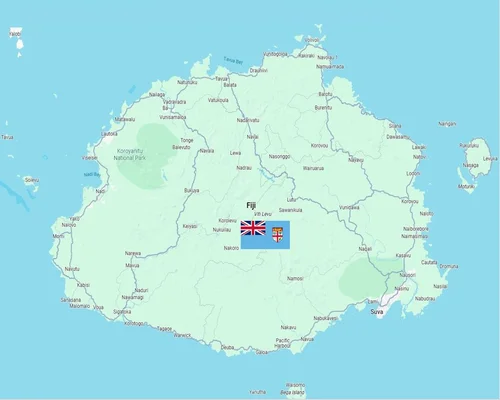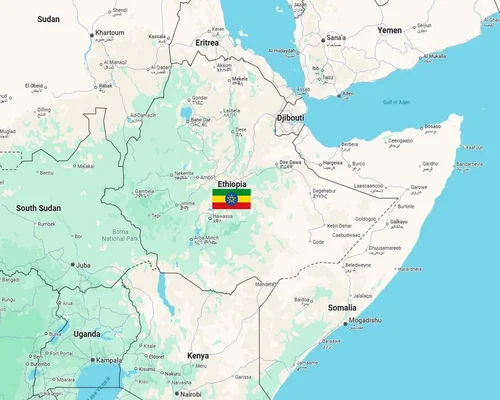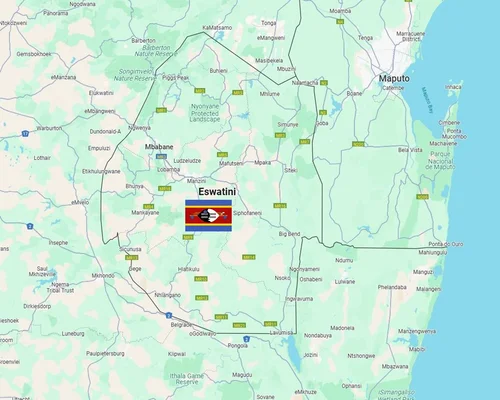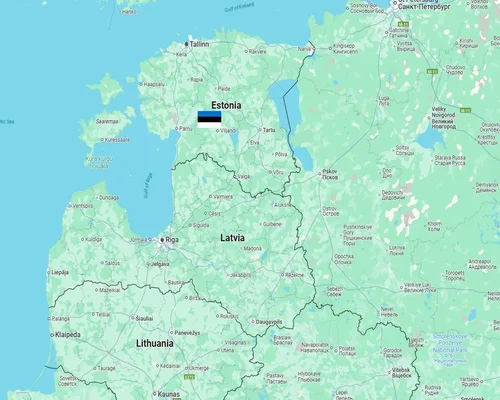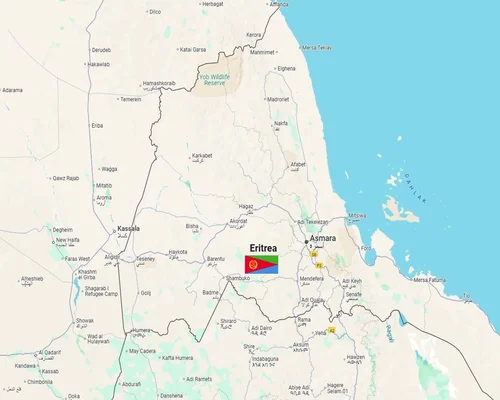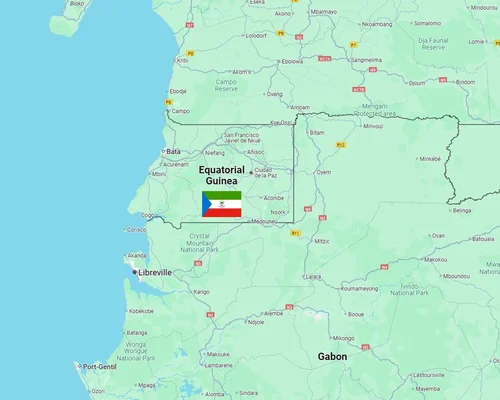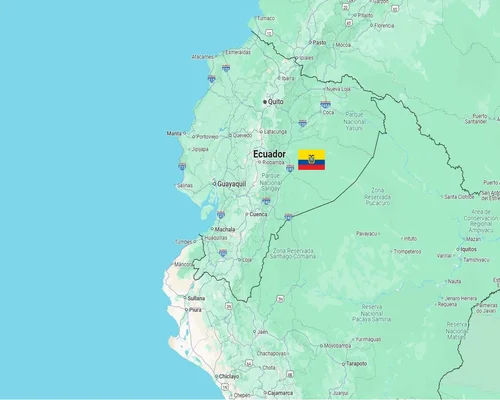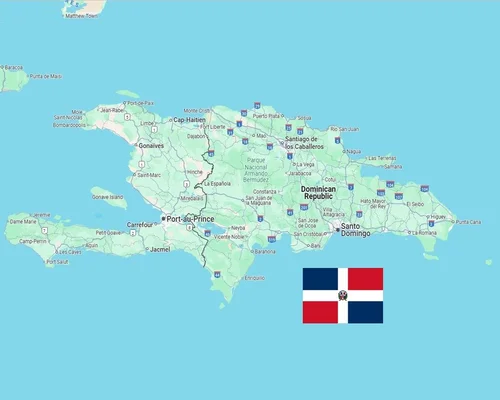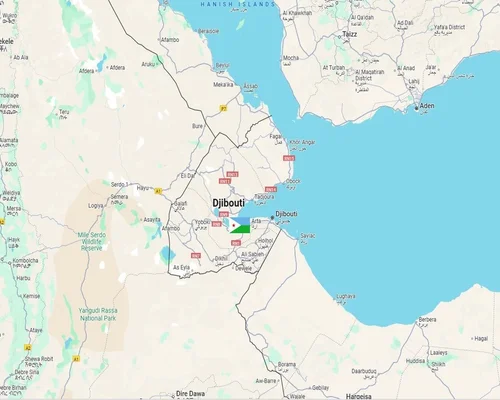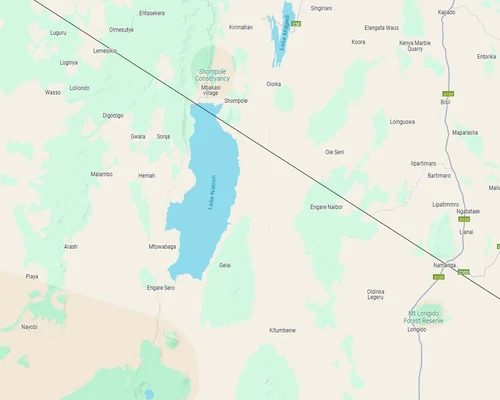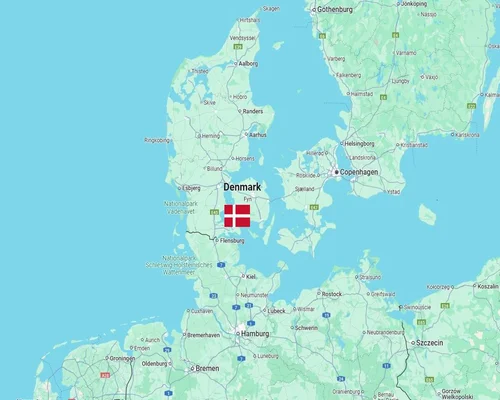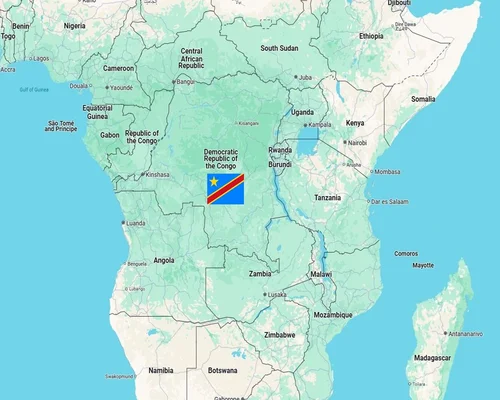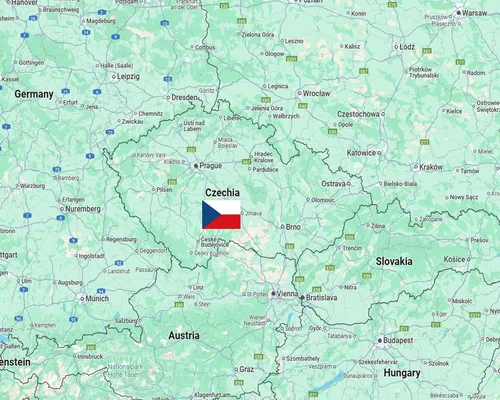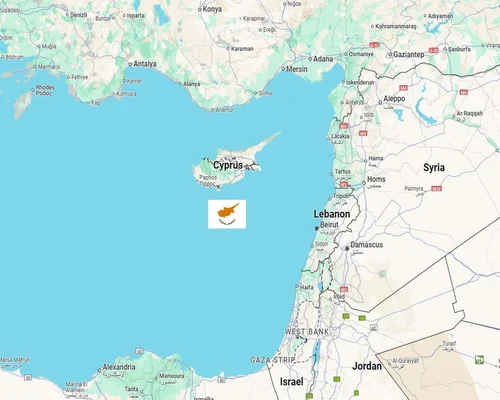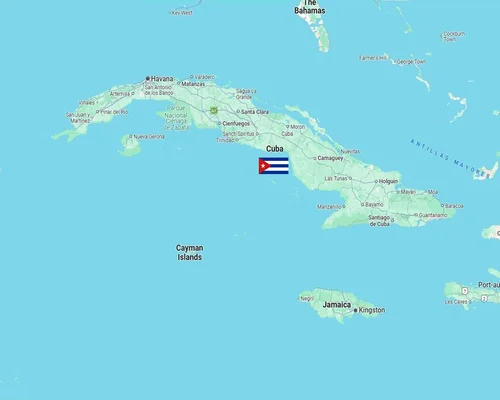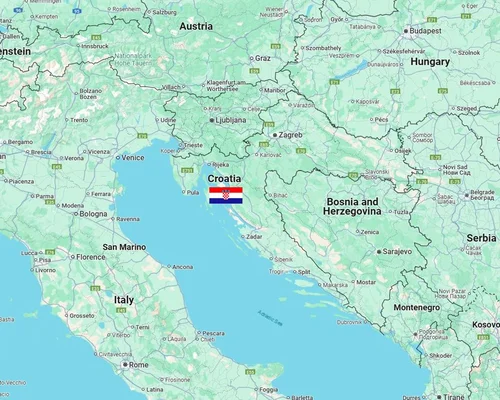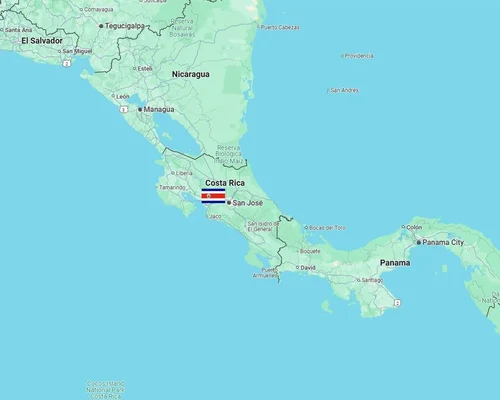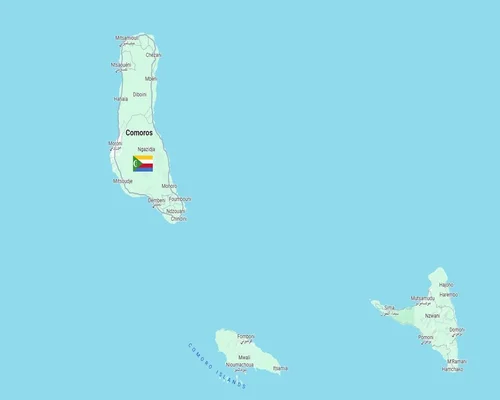
United States Facts About | Interesting, Historical, Economy, Education, Fashion & Culture
Information about the United States
What are 3 historical facts about the United States?
What is the United States famous for?
What are 10 interesting facts about America?
What are 5 facts about the United States?
US facts about the economy
US information about language
US information about historic sites
US facts about education
US facts about culture
American history information
Fun facts about the United States
Information about the United States
The United States is a diverse and dynamic country with a rich history and many interesting facts. Here one:
The United States Declaration of Independence, adopted on July 4, 1776, was originally written by Thomas Jefferson. The document declared the thirteen American colonies independent from British rule and laid the foundation for the formation of the United States of America. The iconic phrase "all men are created equal" is found in the Declaration, reflecting the ideals of equality and individual rights at the heart of American ethos. Independence Day is celebrated on the Fourth of July every year in the United States to commemorate the adoption of the Declaration of Independence.
What are 5 facts about the United States?
Here are five fun facts about the United States:
Geographical Variation:
The United States is geographically diverse, covering a wide range of landscapes. From the towering Rocky Mountains to the vast Great Plains, the vast deserts of the Southwest, and the temperate forests of the Pacific Northwest, the country has a variety of natural environments.
Constitutional Government:
The United States operates under a federal system of government with a written constitution. The US Constitution, ratified in 1787, is one of the oldest written national constitutions still in use. It establishes the framework for the federal government and outlines the rights and responsibilities of citizens.
Cultural Melting Pot:
The United States is known for its cultural diversity, often described as a "melting pot". People from different ethnic backgrounds, religions and cultures have contributed to the country rich tapestry. This diversity is reflected in the country cuisine, traditions and celebrations.
Landmark Achievements in Space Exploration:
The United States has played an important role in space exploration. In 1969, NASA Apollo 11 mission successfully landed the first man on the moon, with astronauts Neil Armstrong and Buzz Aldrin taking historic steps on the lunar surface. The United States continues to be a leader in space exploration and technology.
Economic Powerhouse:
The United States has one of the largest and most influential economies in the world. It is home to numerous multinational corporations, financial institutions and technological giants. New York City Wall Street is a global financial center, and California Silicon Valley region is famous for its concentration of technology companies.
These facts only scratch the surface of the complexity and significance of the United States on the world stage.
What are 10 interesting facts about America?
Here are 10 interesting facts about the United States:
National Parks:
The United States has an extensive system of national parks, with 63 designated national parks across the country. Established in 1872, Yellowstone National Park was the world first national park.
Statue of Liberty:
The Statue of Liberty, a gift from France to the United States, was dedicated on October 28, 1886. It stands in New York Harbor as a symbol of freedom and democracy and is one of the most recognizable landmarks in the world.
Innovation Hub:
The United States is a global leader in technological innovation. California Silicon Valley is renowned as a center of technology and innovation, home to many of the world leading technology companies.
Signing the Declaration of Independence:
John Hancock, president of the Continental Congress, is known for having the largest and most prominent signature on the Declaration of Independence. The phrase "put your John Hancock on it" has since become synonymous with signing one name.
Thanksgiving Traditions:
Thanksgiving, celebrated on the fourth Thursday of November, is a uniquely American holiday. It originated in 1621 when Pilgrims and Native Americans gathered for a harvest feast. Turkey, stuffing and pumpkin pie are traditional Thanksgiving meals.
Bald Eagle Symbolism:
The bald eagle is the national bird and symbol of the United States. It was chosen for its majestic appearance and powerful symbolism. The Great Seal of the United States features a bald eagle and appears prominently on government documents and coins.
Hollywood and Entertainment:
Hollywood, located in Los Angeles, California, is the entertainment capital of the world. The US film industry, centered on Hollywood, produces a significant portion of the world film and television productions.
Pleasure Garden:
The United States is home to some of the world most famous amusement parks, including Disneyland in California and Walt Disney World in Florida. These parks attract millions of visitors every year.
Space needle:
The Space Needle in Seattle, Washington was built for the 1962 World Fair. Its futuristic design has made it an iconic symbol of both Seattle and the United States.
Baseball Traditions:
Baseball is often called "America pastime." The sport has a rich history and cultural significance in the United States. The Baseball Hall of Fame is located in Cooperstown, New York.
These facts highlight the cultural, historical, and geographic diversity that makes the United States such an interesting and diverse country.
What is the United States famous for?
The United States is famous for many things, reflecting its diverse culture, history, and influence on the world stage. Here are some aspects for which the United States is particularly well known:
Freedom and Democracy:
The United States is often associated with the principles of freedom and democracy. The country founding documents, such as the Declaration of Independence and the Constitution, have had a profound impact on the development of democratic ideals worldwide.
Innovation and Technology:
The United States is a global leader in technological innovation. Silicon Valley is famous as a center of innovation, and many of the world leading technology companies, including Apple, Google, and Microsoft, are based in the United States.
Hollywood and Entertainment:
Hollywood, located in Los Angeles, is synonymous with the entertainment industry worldwide. The United States produces a significant portion of the world movies, television shows, and music.
National Parks:
The United States has a stunning array of national parks, showcasing diverse landscapes from the Grand Canyon to Yellowstone. These parks are famous for their natural beauty and are popular destinations for outdoor enthusiasts.
Cultural Diversity:
The United States is known for its cultural diversity, where people of different ethnic, religious and cultural backgrounds live together. This diversity is reflected in the country cuisine, music, art and traditions.
Space Exploration:
The United States has a rich history in space exploration. NASA, the National Aeronautics and Space Administration, has achieved significant milestones including the Apollo moon landings and the ongoing exploration of Mars.
Institutions of Higher Education:
The United States is home to many prestigious universities and research institutes. Institutions like Harvard, MIT and Stanford are globally recognized for their academic excellence.
Sports Culture:
The United States has a vibrant sports culture, with American football, basketball, baseball, and soccer being widely followed. Major sporting events like the Super Bowl and the World Series attract millions of viewers.
Icons and Landmarks:
The Statue of Liberty, the Empire State Building, the White House, and the Grand Canyon are iconic symbols associated with the United States.
Economic Power:
The United States has one of the largest and most influential economies in the world, with significant influence on global trade, finance and business.
These are just a few examples, and the United States has contributed to many areas that have had a lasting impact on the world.
What are 3 historical facts about the United States?
Here are three historical facts about the United States:
American Revolution and Independence (1775-1783):
The American Revolution was a pivotal moment in US history. It began with the Battles of Lexington and Concord in 1775 and ended with the Treaty of Paris in 1783. Thirteen American colonies sought independence from British rule, leading to the formation of the United States. The Declaration of Independence, originally drafted by Thomas Jefferson, was adopted on July 4, 1776, emphasizing the colonies right to self-government.
Civil War (1861-1865):
The Civil War was a conflict between northern states (the Union) and southern states (the Confederacy) over issues such as slavery, states rights, and territorial tensions. It remains the deadliest war in US history. The war ended with a Union victory, saving the nation and leading to the abolition of slavery with the Emancipation Proclamation in 1863.
The Great Depression and the New Deal (1929-1941):
The Great Depression, caused by the stock market crash of 1929, was a period of severe economic depression in the United States and around the world. President Franklin D. Roosevelt implemented a series of New Deal, programs, and reforms to address economic challenges. These initiatives were aimed at providing relief, recovery and reform, aimed at stabilizing the economy and helping those affected by the Depression.
These historical events played an important role in the formation of the United States and its development as a nation.
Fun facts about the United States
Here are some fun and interesting facts about the United States:
Hot Dog Traditions:
Hot dogs are a popular American food item, and the tradition of eating hot dogs at baseball games is believed to have started in the early 20th century. The first recorded use of the term "hot dog" occurred in the United States.
Birthplace of Internet:
The Internet as we know it today has its roots in the United States. The first successful message sent over the ARPANET (Advanced Research Projects Agency Network), the precursor to the Internet, was "login". It happened on October 29, 1969.
Origin of Nickname:
The United States has several nicknames. One of the most well-known is "Uncle Sam," which is said to have originated during the War of 1812. The character "Uncle Sam" is often depicted as a tall man with a white beard wearing a top hat.
Origin of National Anthem:
The US national anthem, "The Star-Spangled Banner", was written by Francis Scott Key during the War of 1812. It is set to the tune of a British song called "To Anacreon in Heaven".
Mount Rushmore:
South Dakota Mount Rushmore has the faces of four US presidents carved into granite: George Washington, Thomas Jefferson, Theodore Roosevelt, and Abraham Lincoln.
Inscription on the Liberty Bell:
The Liberty Bell in Philadelphia bears an inscription that reads, "Proclaim liberty throughout all the land to all its inhabitants" (Leviticus 25:10).
Largest economy:
The United States has the world largest economy, with a variety of industries contributing to its economic power.
State with Longest Coastline:
Alaska, the largest state in the United States, has the longest coastline of any state, spanning more than 6,600 miles.
Highest mountain:
Alaska Mount Denali is North America highest peak, standing at 20,310 feet (6,194 m) above sea level.
National Park System:
The United States has a large and diverse system of national parks, consisting of more than 400 areas, that preserve and protect the nation natural and cultural heritage.
These fun facts showcase the cultural, historical, and geographic richness of the United States.
American history information
Here are some interesting American history facts from different time periods:
First European Settlement:
St. Augustine, Florida, founded by the Spanish in 1565, is currently the oldest continuously inhabited European-founded settlement in the United States.
Exchange Sales Compact:
In 1620, the Pilgrims on the Mayflower signed the Mayflower Compact, an early form of self-government, before establishing Plymouth Colony.
Boston Tea Party:
On December 16, 1773, American colonists, protesting British taxes, dumped 342 chests of tea into Boston Harbor in an event known as the Boston Tea Party.
Lewis and Clark Expedition:
From 1804 to 1806, Meriwether Lewis and William Clark led the Lewis and Clark Expedition, which explored the western part of the continent, led by President Thomas Jefferson.
War of 1812:
The White House was burned by British forces in 1814 during the War of 1812 between the United States and Great Britain.
Manifest Destiny:
Belief in "manifest destiny" fueled westward expansion in the 19th century, as Americans believed they were destined to expand across the continent.
Mexican-American War:
The Mexican-American War (1846–1848) resulted in the acquisition by the United States of significant territory, including present-day California, Texas and parts of Arizona, New Mexico, Nevada, Utah, and Colorado.
Release Announcement:
President Abraham Lincoln issued the Emancipation Proclamation on January 1, 1863, freeing all slaves in Confederate-held territories.
Transcontinental Railway:
The completion of the first transcontinental railroad in 1869 connected the East and West coasts, significantly affecting trade and travel.
Women Suffrage Movement:
The 19th Amendment, ratified in 1920, granted women the right to vote, a significant milestone for the women suffrage movement.
The Great Depression:
The stock market crash of 1929 led to the Great Depression, a period of economic hardship that lasted throughout the 1930s.
Civil Rights Movement:
The civil rights movement of the 1950s and 1960s sought to end racial segregation and discrimination, leading to landmark legislation such as the Civil Rights Act of 1964 and the Voting Rights Act of 1965.
Moon landing:
On July 20, 1969, NASA Apollo 11 mission successfully landed the first man on the moon, with Neil Armstrong and Buzz Aldrin taking the historic step.
Watergate Scandal:
In the early 1970s the Watergate scandal led to the resignation of President Richard Nixon, making him the only US president to resign.
9/11 Attacks:
On September 11, 2001, the terrorist attacks on the World Trade Center in New York City and the Pentagon in Washington, D.C., had a profound impact on US history and global affairs.
These historical facts provide a glimpse into the rich and complex tapestry of American history.
US facts about education
Education is an important aspect of the United States, and there are several interesting facts about the country education system:
Public School System:
The United States has a decentralized education system, with each state responsible for its own public education. As a result, there can be significant variation in curriculum and educational standards from state to state.
Land Grant University:
The Morrill Act of 1862 led to the establishment of land-grant universities, whose mission was to provide accessible education in agriculture, science, and engineering. These institutions play an important role in higher education.
Historically Black Colleges and Universities (HBCUs):
There is a network of HBCUs in the United States, institutions founded before 1964 with the primary goal of serving the African American community. These institutions have played an important role in providing higher education opportunities.
Standard Test:
Standardized tests, such as the SAT (Scholastic Assessment Test) and ACT (American College Testing), are widely used in the college admissions process. However, there is ongoing debate about the validity and effectiveness of these tests.
Community College:
Community colleges are an integral part of the United States education system, offering two-year programs and serving as a more affordable option for many students. They often provide vocational and technical training.
Student Diversity:
The US education system reflects the country cultural diversity. Students from diverse ethnic, religious and socio-economic backgrounds attend schools and universities across the country.
No National Curriculum:
Unlike some countries, the United States does not have a national curriculum. Educational standards are set at the state level, leading to some variability in what students are taught across the country.
Private and Charter Schools:
In addition to public schools, there are a significant number of private schools and charter schools in the United States.
College and University Rankings:
The United States is home to some of the world top universities, including institutions such as Harvard, MIT, and Stanford. University rankings are often used as a measure of academic excellence.
Education Funding Discrimination:
There is significant disparity in education funding between different school districts. Schools in wealthier areas often have more resources, leading to concerns about educational equity.
Online Education:
Online education has become increasingly popular in the United States, providing flexible learning options for students of all ages. Many universities offer online degree programs and Massive Open Online Courses (MOOCs) have gained popularity.
These data highlight the diversity and complexity of the US education system, which continues to be the subject of debate and reform.
US information about historic sites
The United States is home to numerous historical sites that hold cultural, political, and social significance. A notable historical place is:
Independence Hall (Philadelphia, Pennsylvania):
Independence is a UNESCO World Heritage Site and the birthplace of both the Declaration of Independence and the United States Constitution.
The Continental Congress met in the hall, and it was there that the Founding Fathers debated, drafted, and signed the Declaration of Independence in 1776.
The US Constitution was also debated and adopted here in 1787. The building is part of the Independence National Historical Park, which preserves several sites associated with the American Revolution.
Another notable historical place is:
Gettysburg National Military Park (Gettysburg, Pennsylvania):
Gettysburg is the site of one of the most significant battles of the American Civil War, which took place in July 1863.
The Battle of Gettysburg was a turning point in the war, where Union forces successfully repulsed the Confederate advance.
The park includes a cemetery where President Abraham Lincoln delivered one of the most famous speeches in American history, the Gettysburg Address, in November 1863.
And yet another important historical place is:
Mount Vernon (Mount Vernon, Virginia):
Mount Vernon was the plantation home of the first President of the United States, George Washington.
Located along the Potomac River, Mount Vernon is a well-preserved estate that offers insight into the life of George Washington and 18th-century plantation life.
The estate includes Washington mansion, gardens, a museum, and the mausoleum where George and Martha Washington are buried.
These historic sites offer a glimpse into different aspects of American history, from the founding of the nation to key events in the Civil War and the lives of notables like George Washington.
US facts about culture
The United States is known for its rich and diverse cultural landscape, shaped by diverse ethnic groups, community contributions, and historical influences. Here is a fact about the cultural diversity of the United States:
Cultural Melting Pot:
The United States is often described as a "melting pot" because of its cultural diversity. The term reflects the idea that people from different cultural backgrounds come together, bring their traditions, language, and customs and contribute to creating a unique American culture.
This cultural fusion is evident in many aspects of American life, from cuisine and music to literature and art.
Besides the melting pot concept, here another cultural fact:
Jazz as an American Art Form:
Jazz, a musical genre that originated in the United States, is often considered an American art form. It has roots in African, European and Caribbean musical traditions.
Cities such as New Orleans, Chicago, and New York played an important role in the development and popularization of jazz. Jazz has had a profound impact on the world music scene and remains an integral part of American cultural identity.
These cultural aspects illustrate the dynamic and inclusive nature of American culture, which continues to evolve and is shaped by the diverse experiences of its people.
US information about language
The United States is known for its linguistic diversity, with English being the dominant language. Here is a fact about the language in the United States:
There are no official languages at the federal level:
Unlike many countries, the United States does not have an official language at the federal level. Although English is the de facto language of government, business and education, the absence of an official language reflects the country commitment to linguistic diversity.
The US Constitution does not define a specific language, and many different languages are spoken across the country due to multiculturalism and immigrant populations.
Spanish influence:
Spanish is the second most spoken language in the United States, reflecting the significant influence of the Hispanic and Latino communities. Spanish is spoken by millions of people and is the primary language in some areas, especially in states bordering Mexico and parts of Florida, Texas, and California.
Indigenous Languages:
The United States is also home to a rich tapestry of indigenous languages. Many Native American tribes have their own languages, which contribute to the country linguistic diversity. However, the number of speakers of indigenous languages has declined over the years.
Dialectical Variation:
English in the United States has several regional dialects and accents. For example, Southern, Midwestern, and Northeastern English have distinct linguistic characteristics. The country large size and regional diversity contribute to the development of this linguistic diversity.
Multilingual Community:
Because of immigration, many communities in the United States are multilingual. Cities like New York, Los Angeles and Miami are known for their linguistic diversity, with residents speaking different languages from around the world.
These language-related facts highlight the diverse linguistic landscape of the United States, reflecting the country history of immigration and multiculturalism.
US facts about the economy
The United States has one of the largest and most influential economies in the world. Here is an overview of the US economic landscape:
A diversified and technologically advanced economy:
The US economy is characterized by its diversity, with a mix of industries contributing to its strength. The country has a highly developed service sector, including finance, technology, healthcare and entertainment. In addition, manufacturing and agriculture play an important role in the economy.
Global Economic Power:
The United States has consistently ranked as one of the world largest economies, often competing with China for the top spot. It has a significant impact on international trade, finance and investment.
Silicon Valley:
Silicon Valley, located in the southern part of the San Francisco Bay Area, is renowned as a global center for technology and innovation. It is home to numerous tech giants and startups, which are playing an important role in shaping the digital landscape.
Wall Street:
Located in the financial district of New York City, Wall Street is a symbol of the US financial industry. It houses the New York Stock Exchange (NYSE) and is an important player in global finance, serving as a center for stock trading and investment banking.
Consumer-Driven Economy:
The United States has a consumer-driven economy, with consumer spending accounting for a significant portion of its GDP (Gross Domestic Product). The country large and diverse population contributes to a strong consumer market.
Entrepreneurship and Innovation:
The United States has a strong tradition of entrepreneurship and innovation. Many successful companies, from small startups to multinational corporations, have sprung up in the U.S. This culture of innovation has driven economic growth and competitiveness.
Trade Relations:
The United States engages in extensive international trade. It has trade relations with many countries, and trade agreements, such as the North American Free Trade Agreement (NAFTA) and the United States–Mexico–Canada Agreement (USMCA), play an important role in shaping economic interactions.
Federal Reserve System:
US monetary policy is conducted by the Federal Reserve System, commonly referred to as the Fed. The Fed influences economic activity through actions such as adjusting interest rates and controlling the money supply.
Economic Challenges:
Although the US economy has experienced significant growth, it has also faced challenges such as income inequality, fluctuating unemployment and the impact of global economic events. Policymakers work continuously to address these issues.
These economic data highlight the dynamism and complexity of the US economy, which remains a major player in the global economic landscape.
US facts about fashion
The United States has a diverse and influential fashion scene with a history of shaping global trends. Here is a fact about fashion in the United States:
Fashion Week:
The United States is home to some of the most prominent and influential fashion weeks in the world. New York Fashion Week (NYFW) is one of the "Big Four" global fashion weeks alongside Paris, Milan and London. NYFW, held twice a year, showcases the latest collections of renowned designers and emerging talents.
NYFW attracts fashion industry professionals, celebrities and media from around the world, contributing to the city reputation as a fashion capital.
Denim Culture:
The United States played an important role in popularizing denim as a fashion staple. American brands such as Levis and Wrangler have played an important role in the global popularity of denim jeans. The casual and versatile nature of denim makes it a ubiquitous part of American fashion.
Sports Trends:
The athleisure trend, characterized by comfortable and sporty clothing worn for both athletic activities and casual occasions, has its roots in American fashion. The popularity of sportswear brands and activewear has contributed to the widespread adoption of athleisure in everyday fashion.
Impact of streetwear:
Streetwear, a style rooted in urban culture and influenced by skateboarding, hip-hop and graffiti, has gained worldwide prominence. American streetwear brands like Supreme and Off-White have played an important role in shaping contemporary street fashion trends.
Innovations in Fashion Technology:
The United States is a center of innovation in fashion technology. From wearable technology to e-commerce platforms, American companies are at the forefront of integrating technology into the fashion industry.
Fashion Icon:
The USA has produced numerous fashion icons and designers who have made a lasting impact on the industry. Names like Ralph Lauren, Calvin Klein, Coco Chanel (who found success in the US) and Marc Jacobs have become synonymous with American fashion.
Sustainable Fashion Movement:
The sustainable fashion movement has gained momentum in the United States with a growing emphasis on environmentally friendly and ethically produced clothing. American designers and brands are increasingly incorporating sustainable practices into their fashion lines.
From iconic designers and influential fashion weeks to promoting casual and athletic styles, these facts underscore the United States contribution to the global fashion landscape.

